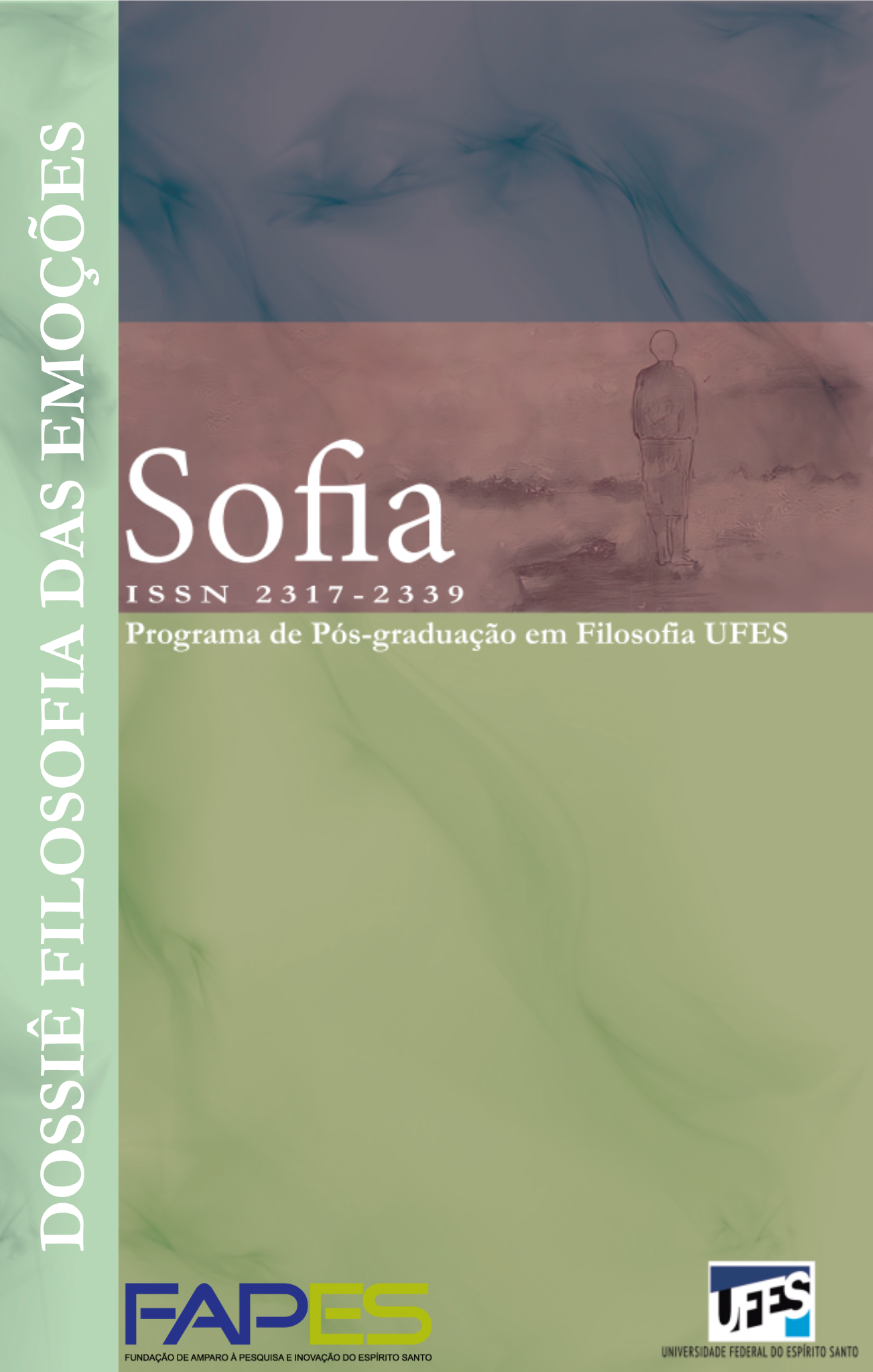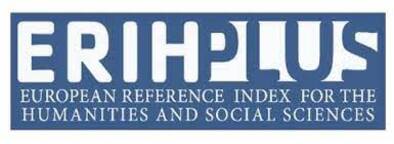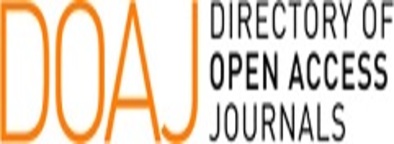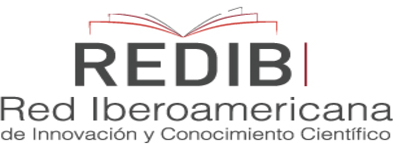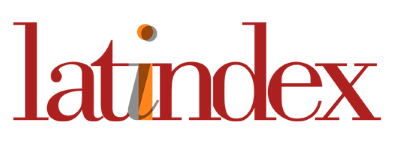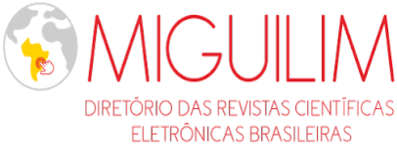The metaphysical meaning of extension in Newton
DOI:
https://doi.org/10.47456/sofia.v12i2.42105Keywords:
extension, space, place, movementAbstract
To clarify the concept of extension, Newton first formulated, in De gravitatione, a criticism directed at Cartesian metaphysics by identifying the problem of the identity between body and extension that Descartes had previously established in his concept of movement. In this case, the analysis of the Cartesian concept of extension, in the way Newton rethought it, led to a reflection on the complex relationship between Metaphysics and Natural Philosophy when substance is confused with extension, space with place, in an attempt to explain the movement of bodies. To this end, the foundation of the concept of movement will need to be established within the connection between cause and effect based on its natural manifestations and from which Newton will seek to formulate the concept of active principle in Natural Philosophy.
Downloads
References
BURTT, E.A. Los fundamentos metafísicos de la ciencia moderna. Buenos Aires: Editorial Sudamericana, 1960.
DESCARTES, R. OEuvres. Paris: Vrin, 1996. 11 vol. Publiées par Charles Adam et Paul Tannery.
DISALLE, R. Newton’s philosophical analysis of space and time. In: COHEN, B. I. & SMITH, G.E. The Cambridge Companion to Newton. Cambridge: Cambridge University Press, 2002, p. 33-56.
GABBEY, A. Newton, active powers, and the mechanical philosophy. In: COHEN, B. I. & SMITH, G.E. The Cambridge Companion to Newton. Cambridge: Cambridge University Press, 2002, p. 329-357.
GLEICK, J. Isaac Newton: uma biografia. São Paulo: Companhia das Letras, 2004.
GUICCIARDINI, N. Isaac Newton on mathematical certainty and method. Cambridge, London: MIT, 2009.
NEWTON, I. The correspondence. Volume one, By TURNBULL, H. W. Cambridge: Royal Society at the University Press, 1959.
NEWTON, I. De Gravitatione et aequipondio fluidorum. In: Unpublished scientific papers of Isaac Newton. Chosen, edited and translated by A. R. HALL & M. B. HALL. Cambridge: Cambridge University Press, 1978, p. 89-156.
NEWTON, I. Optics. Chicago: Encyclopaedia Britannica, 1993.
NEWTON, I. Principia: mathematical principles of natural philosophy and his system of the world. By Florian Cajori. Volume One. Berkeley, Los Angeles, London: University of California Press, 1974.
NEWTON, I. Principia: mathematical principles of natural philosophy and his system of the world. By Florian Cajori. Volume Two. Berkeley, Los Angeles, London: University of California Press, 1973.
NEWTON, I. The Principia: mathematical principles of natural philosophy. A new translation by COHEN, I. B. & WHITMAN, A. preceded by a guide to Newton's Principia by I. COHEN, B. USA: University of California Press, 1999.
SHAPIRO, A. Experimental philosophy. In: Early science and medicine. Minessota: Brill, Vol.9, n. 3, p. 185-217, 2004. Disponível em: A "Filosofia Experimental" de Newton no JSTOR . Acesso em 20 out/2020.
STEIN, H. Newton’s metaphysics. In: COHEN, B. I. & SMITH, G.E. The Cambridge Companion to Newton. Cambridge: Cambridge University Press, 2002, p. 256-307.
Published
How to Cite
Issue
Section
License
Copyright (c) 2023 Ruslane Bião

This work is licensed under a Creative Commons Attribution 4.0 International License.
Dada a política de acesso público da revista, o uso dos textos publicados é gratuito, com a obrigação de reconhecer a autoria original e a primeira publicação nesta revista. Os autores das contribuições publicadas são inteiramente e exclusivamente responsáveis por seus conteúdos.
I Os autores autorizam a publicação do artigo nesta revista.
II Os autores garantem que a contribuição é original e assumem total responsabilidade pelo seu conteúdo em caso de impugnação por terceiros.
III Os autores garantem que a contribuição não está sob avaliação em outra revista.
IV Os autores mantêm os direitos autorais e concedem à revista o direito de primeira publicação, sendo o trabalho licenciado sob uma Licença Creative Commons Atribuição-BY.
V Os autores são autorizados e incentivados a divulgar e distribuir seu trabalho on-line após a publicação na revista.
VI Os autores dos trabalhos aprovados autorizam a revista a distribuir seu conteúdo, após a publicação, para reprodução em índices de conteúdo, bibliotecas virtuais e similares.
VII Os editores reservam o direito de fazer ajustes no texto e adequar o artigo às normas editoriais da revista.

